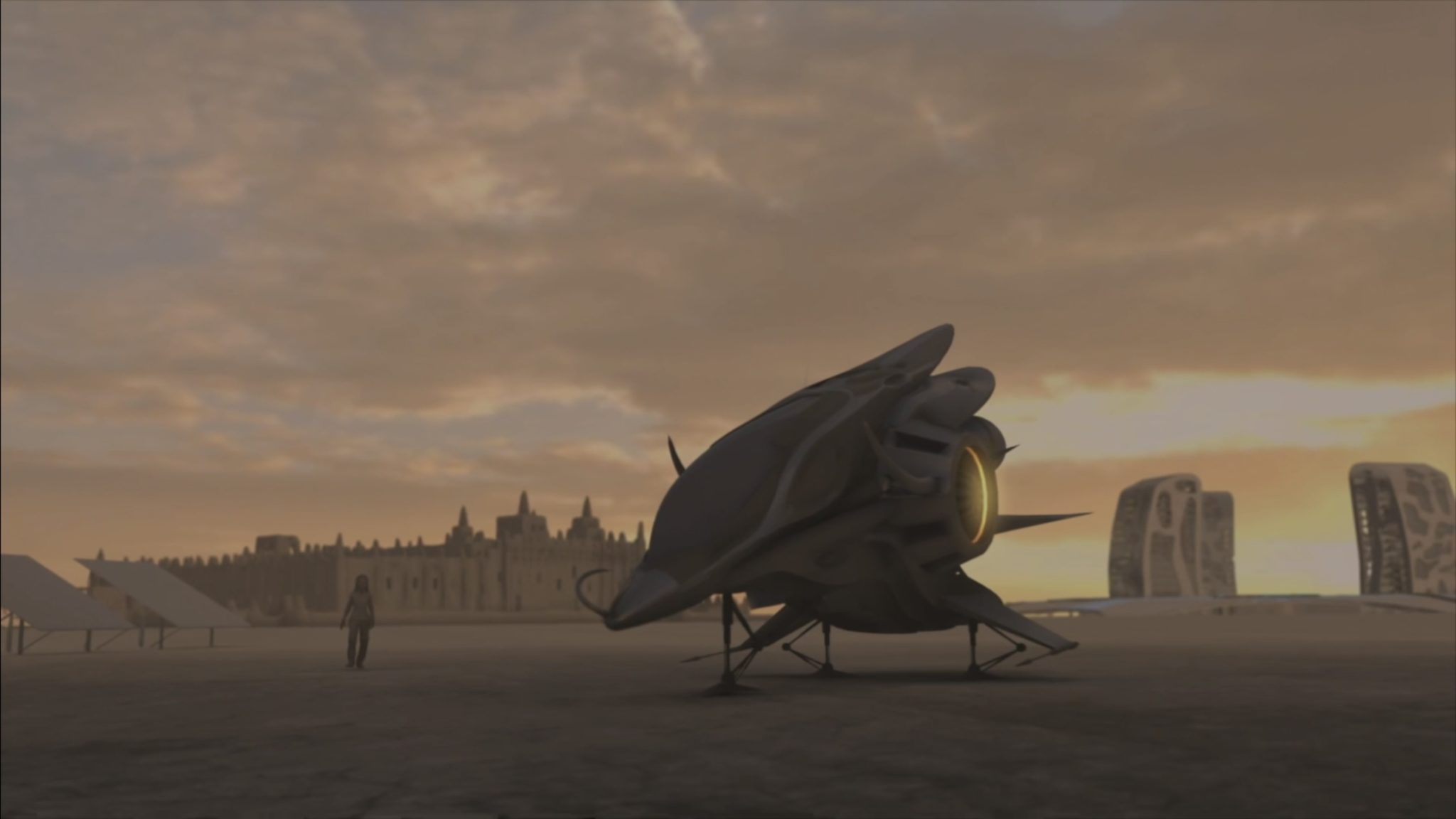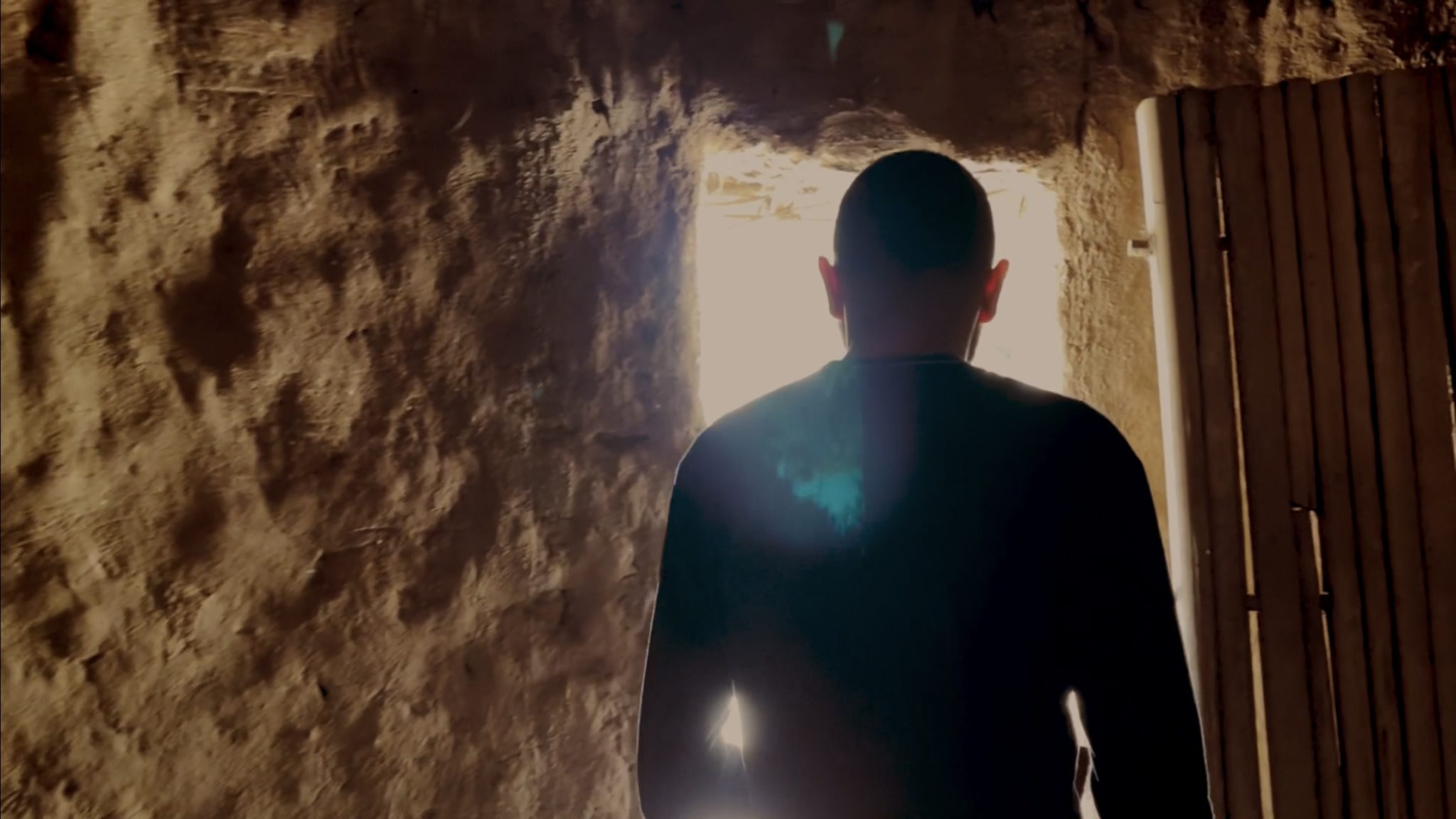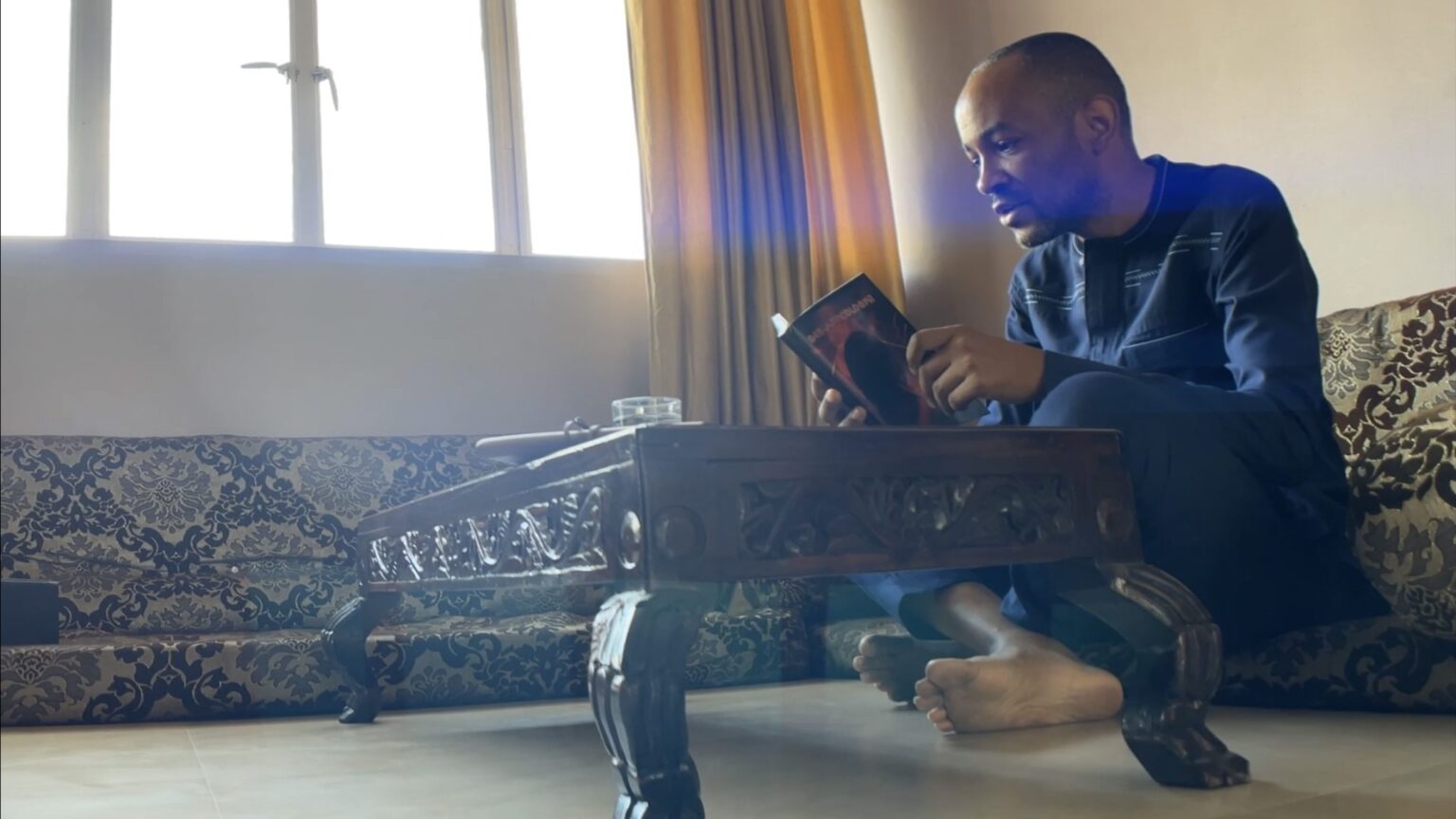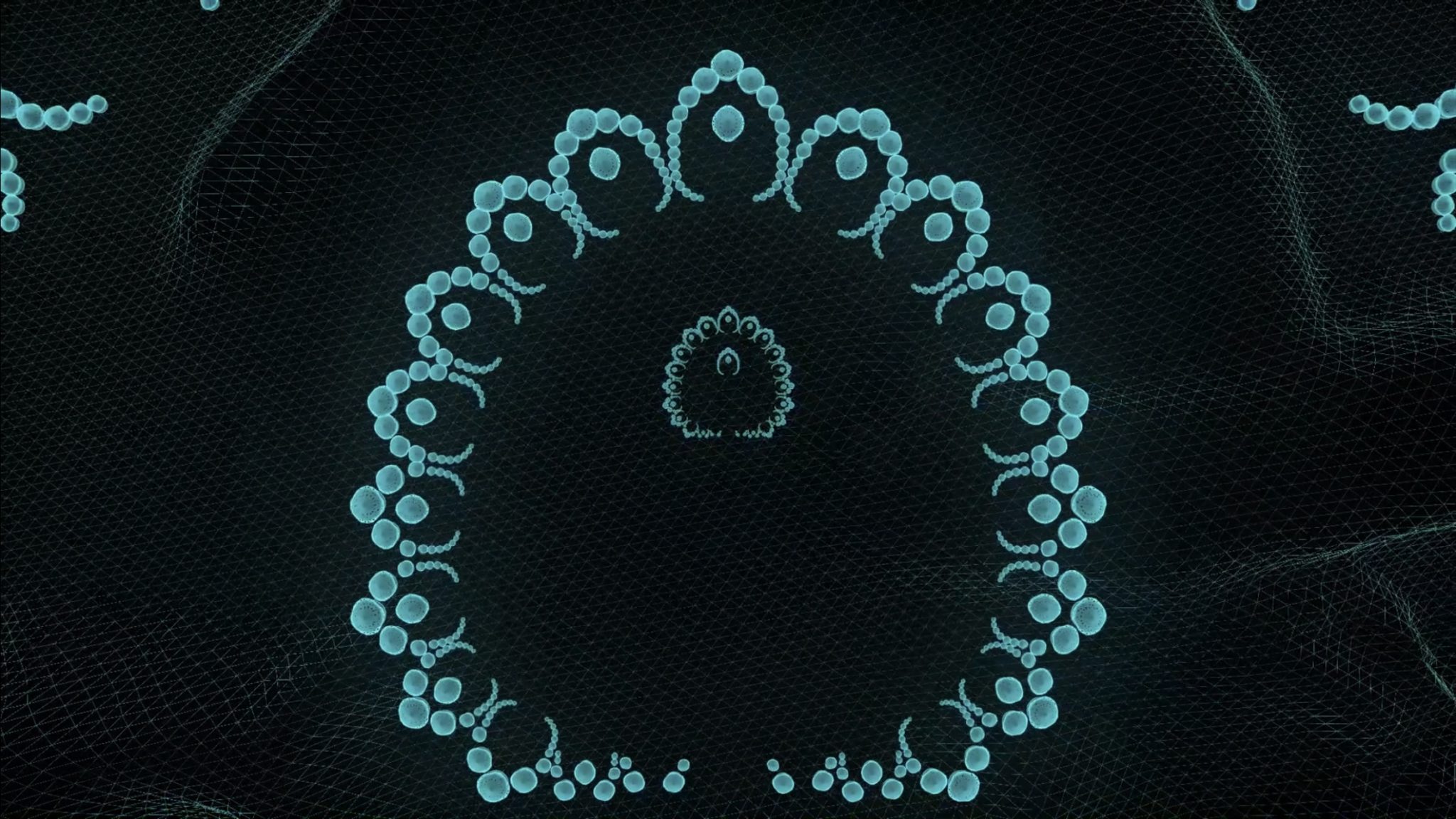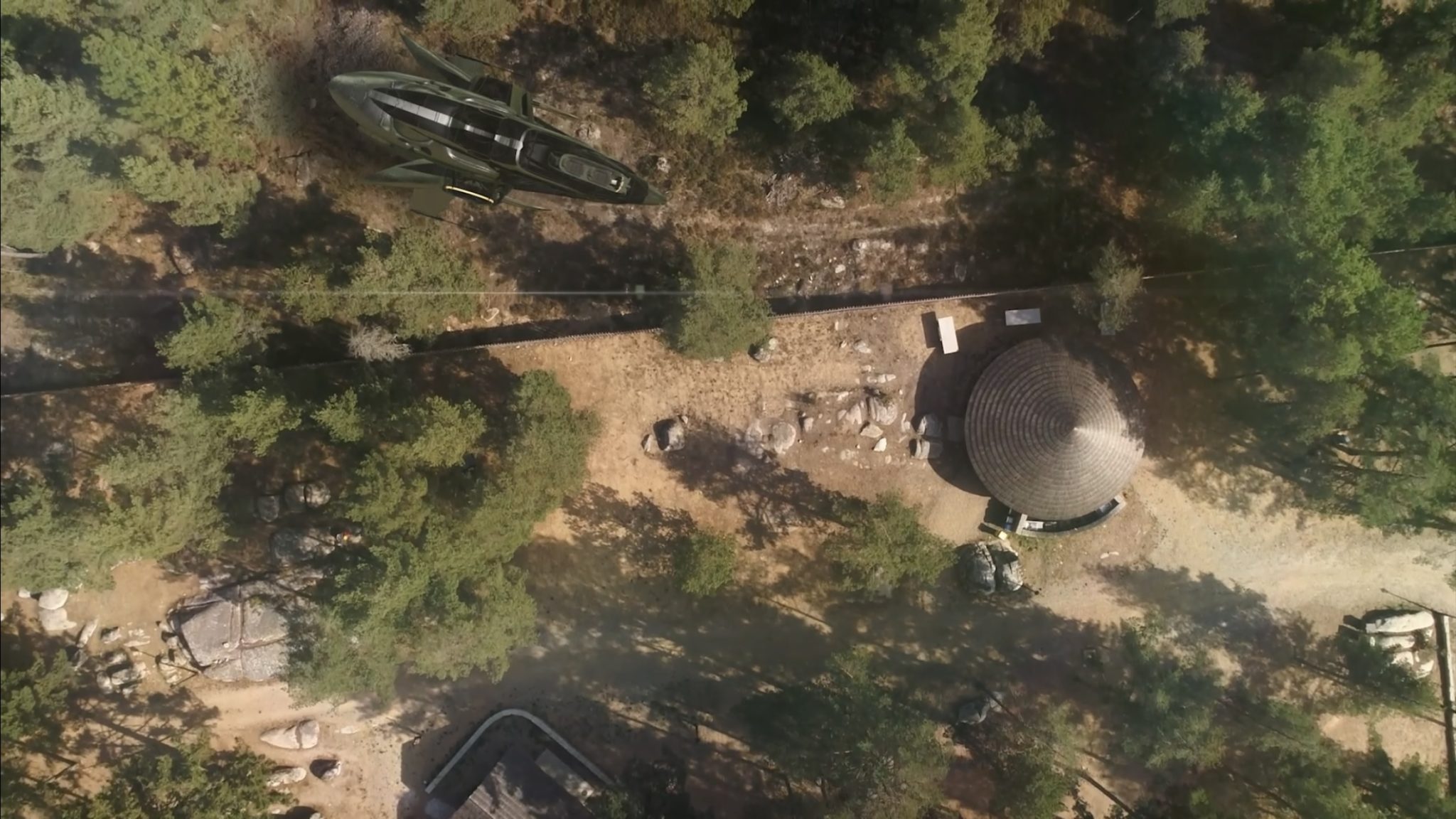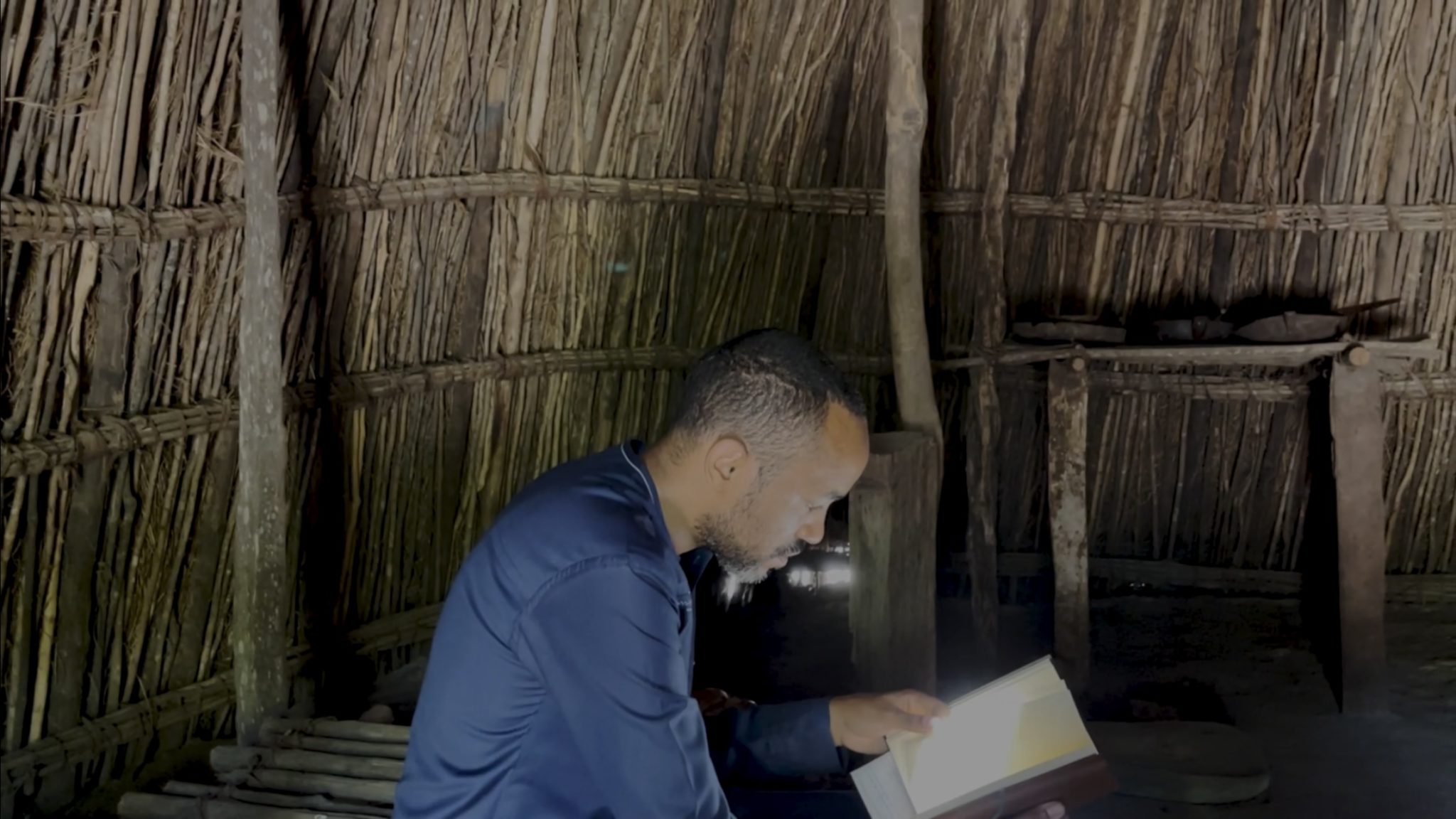Director's Note
I tried to take a different approach to documentary storytelling, moving closer to traditional African storytelling mediums while staying faithful to our interpretation of the human condition.
A humble dare.
I dare to say that this is not the typical cliché-filled documentary film on Africa. I make this remark because it seemed precisely what people expected during my research and filming journey. Breaking out of that mould and making something sensational was specifically what I attempted to do from the beginning. Instead of focusing on the usual tribulations, I used peer-reviewed science results to back the truth about Africa's role in humanity.
The script.
The complexity of the underlying story is what led me to base this film on scripted narration. The only way to tell a chronological narrative spanning such a wide range of events while keeping it around the one hour mark was by carefully crafting the wording.
Africology?
There is a fundamental question at the heart of this tale: what was, is, and will be the role of Africa and its people in the world, generation after generation? What is Africology? When we consider that Egypt and egyptology is just a subset of all the history, science, culture and human evolution in Africa, isn't there a need for Africology?
Another approach to filmmaking.
I tried to take a different approach to documentary storytelling, moving closer to traditional African storytelling mediums while staying faithful to our interpretation of the human condition. To accomplish this and remain genuine to the science and facts that back this film, I decided to take a subjective approach to documentary filmmaking. For the role of the protagonist, I used a fictional character, The Africologist, who embodies the curious and ambitious African of our times striving for attention in the globalized paradigm we live in. It is a purely subjective film - there are no interviews, just voice-overs. The film reveals how people in Africa are increasingly connected to the rest of the world but nonetheless devoted to their cultures and countries. This places the film in the category of docu-fiction, at times interjected with science-fiction sequences but entirely based on scientific facts.
Two canvases.
The film swings between two distinct canvases; on the one hand, there is the science-fictional, imaginary CG-realm representing the experiences of The Africologist on her journey of discovery. Opposed to that, on the other hand, is an authentic, scientific and factual second canvas in which I appear as the narrator. It is a carefully crafted representation of the world we live in, told from an African point of view. To create these two canvases, I travelled to 16 countries in Africa.
Structure.
To set the scene and expose the viewer to its distinctive realm, it starts with an introduction to the act of storytelling as a scientific tool and a carrier of cultures, traditions and beliefs. This prelude is followed by the eight distinct chapters of the film, namely Cosmogenics, Biogenics, the Golden Ages of Africa, the Dark ages of Africa, re-Africanisation, Anthropocene, Technosphere and Future.
Music, rhythm and editing.
The documentary-style is provocative, at times poetic and thought-provoking. Music sets the pace for the camera work; at times, slow shots of beautiful landscapes contrast with fast-paced, carefully juxtaposed 3d graphics and locational images. Repetitiveness is a strong motif in the film, always returning to expansive views of outer space, earth and the African continent. The film creates a frame of recurring motives, different in shape, colour and space, but equal in their desired outcome. The editing is paced by music, always dancing with the soundtrack composed by myself and performed by guest musicians.
Atmosphere.
I tried to find a way to make the audience perceive each scene's visual and acoustic environment. The journey of the Africologist facilitates the transition from past to present, rural to urban and ultimately, her final journey to space. Every one of the 8 chapters has its place in the narrative, the one that precedes sets the tone for the coming ones. The film culminates with an empowering vision for Africa while pointing out the risks we take while making the leap into the future.
Digital Storytelling
As a filmmaker, I learned in the most humbling way that I was born in times where so many layers of emotion and forms of expression can be achieved with unprecedented ease. I learned that mediums and storytelling methods change over time, but plots, narratives, people, and events always remain central. Therefore, I see computer graphics, digital audio workstations, cameras, music instruments and other storytelling tools as what they truly are, mere tools to craft and tell stories.
This is not just the story about the other, the African immigrant or the forcefully exiled former slave living far from the motherland. It is not the story of a different African from another country on the other end of the continent. The Africologist, Chronicles of Africa is the story of humanity, the story that unites us, of ourselves, regardless of who we are.
Last but not least, I am an Africologist

